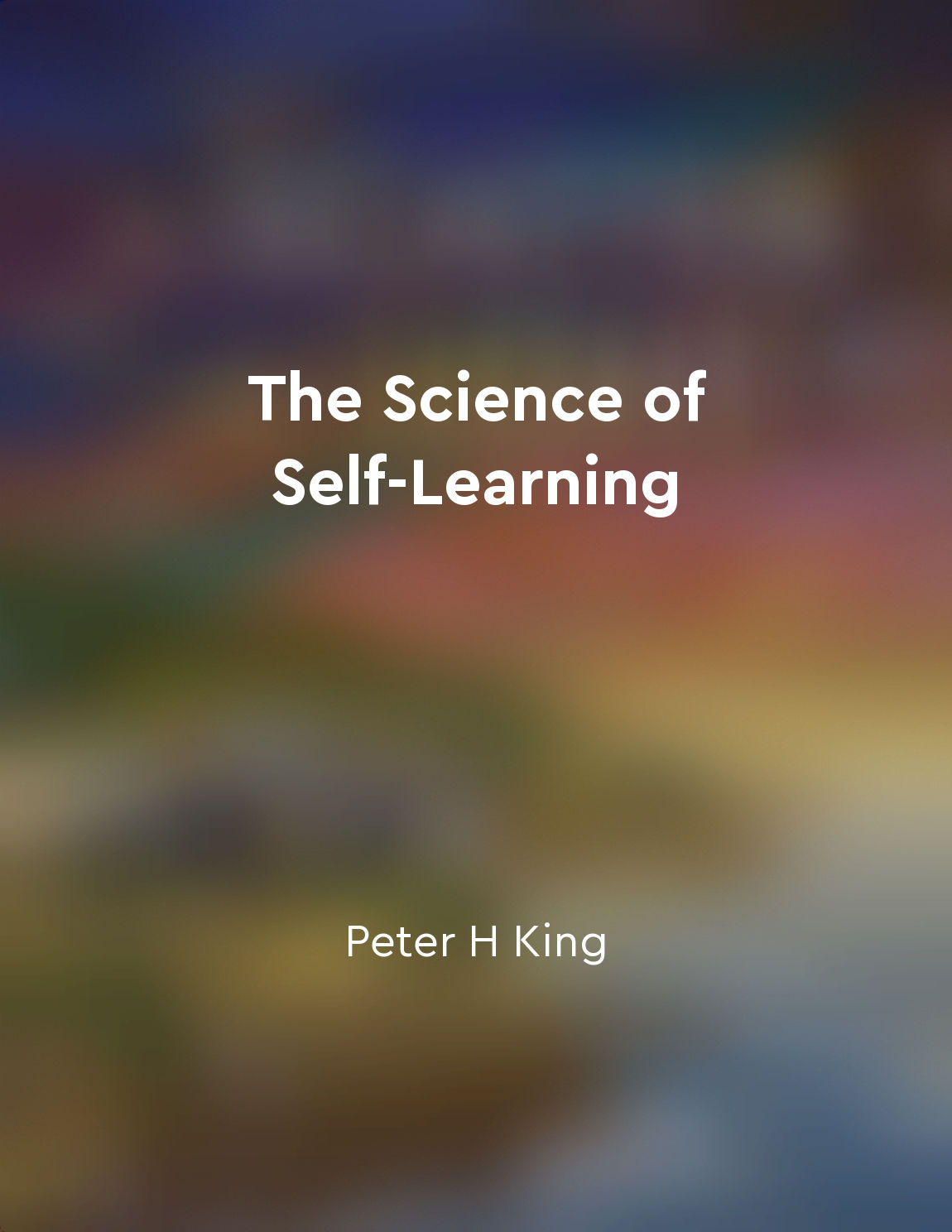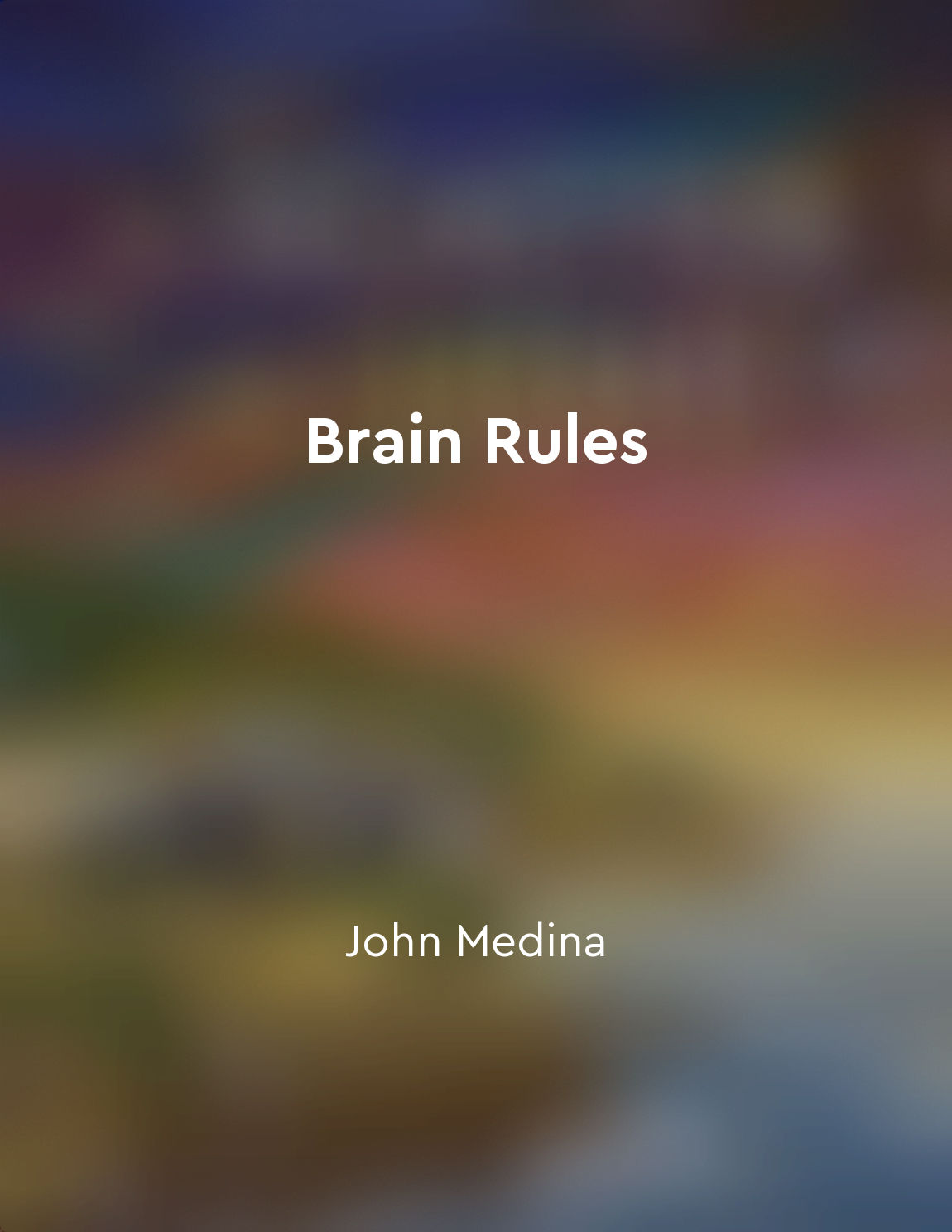Audio available in app
Use visualization to improve memory recall from "summary" of Os 50 Melhores Hacks Mentais para Memória e Persuasão: Descubra Técnicas Infalíveis! by John Cartwright
One of the most powerful techniques to enhance memory recall is visualization. By creating vivid mental images of the information you want to remember, you can significantly improve your ability to retrieve it later. When you visualize something, you engage multiple areas of your brain, making it easier for your mind to encode and store the information. This technique works because our brains are wired to remember images more effectively than words or abstract concepts. To use visualization for memory recall, try to create detailed and colorful mental pictures of the information you are trying to remember. For example, if you need to remember a list of items, imagine each item as clearly as possible in your mind. You can also enhance your visualizations by adding movement, emotion, and other sensory details. The more vivid and engaging you make your mental images, the more likely you are to recall the information later. Another effective strategy is to create a “memory palace” or a mental map of a familiar place, such as your home or a route you regularly take. As you mentally walk through this space, you can place the information you want to remember in specific locations, making it easier to retrieve when needed. By incorporating visualization techniques into your study routine, you can boost your memory recall and retention, making it easier to learn and remember new information. Practice this skill regularly to strengthen your visualization abilities and reap the benefits of improved memory performance.Similar Posts

Action is necessary for progress
In the pursuit of progress, action is not merely beneficial; it is an essential component. Without action, thoughts and ideas r...
Interleaving different topics or skills improves retention
When we mix up the topics or skills we are trying to learn and remember, we improve our ability to retain that information. Thi...

Developing critical thinking skills through independent study
Developing critical thinking skills through independent study is a fundamental aspect of self-learning. It involves honing the ...
Repeat to remember
Repetition is one of the most effective tools for remembering information. When we repeat something, it allows our brains to st...
Social interactions
Social interactions are a puzzle to me, a complex and sometimes bewildering puzzle. I perceive the world through patterns and l...
Understanding the evaluation criteria
Evaluation criteria are essential for students to understand as they provide a roadmap for how their answers will be assessed. ...
It's important to improve working memory
Improving working memory is crucial for individuals who struggle with staying focused, following directions, and completing tas...
Mind wandering can be beneficial for learning
When we let our minds wander, we might feel guilty or distracted, believing that we should be focusing more on the task at hand...

Gender differences are real
Gender differences are real. Men and women are not the same. This is not a matter of opinion or social construct. It is a biolo...
Developing memory skills can improve cognitive abilities
In his exploration of memory and cognitive abilities, Joshua Foer highlights the interconnectedness of these two elements. By d...
